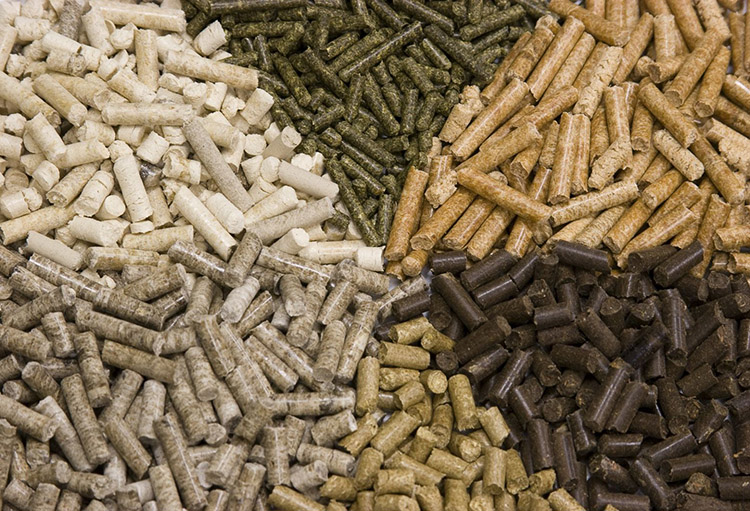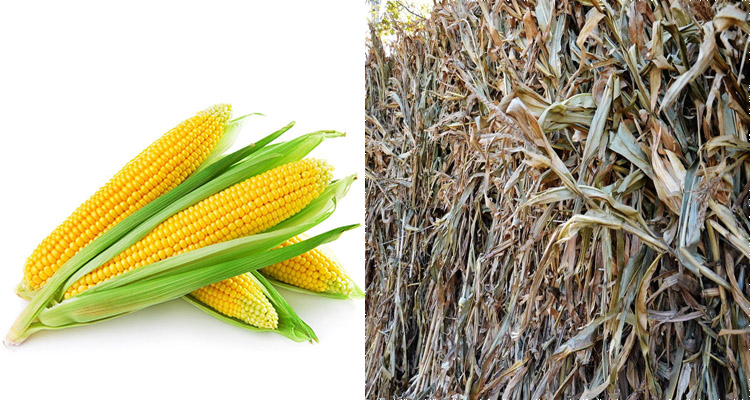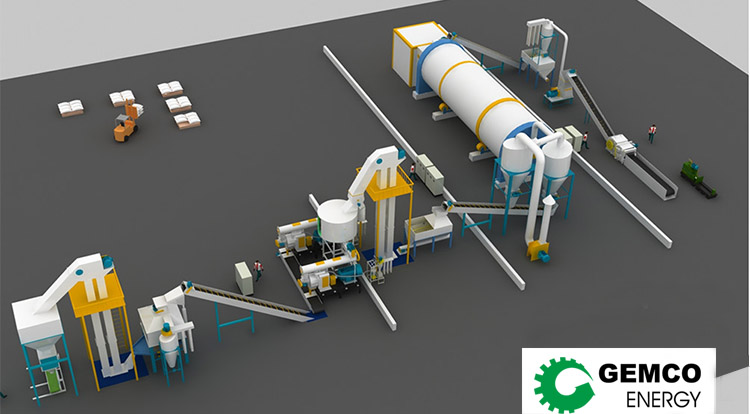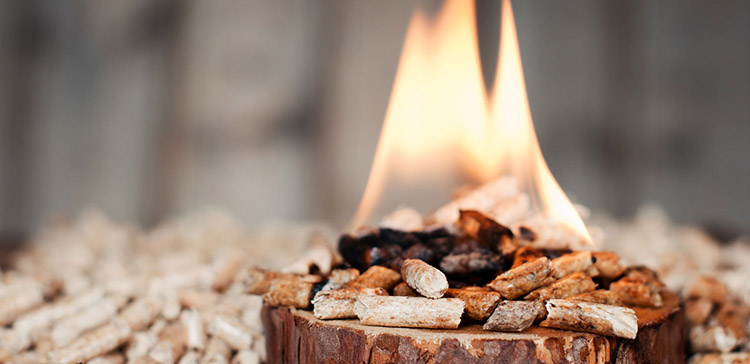
Before the Industrial Revolution, people lived on a generation we called “the organic economy”. The Industrial Revolution brings fossil fuel into everyone’s daily life. Today, the majority of the world’s power generation is depending on fossil fuel.
Energy Liberation
Today we are facing a new revolution, which is trying to liberate the global power generation from the fossil fuel. There is no doubt that fossil fuel is important for our daily life. But we all know that fossil fuel is non-renewable, so if we keep on focusing on using fossil fuel to generate power for both industrial and residential usage, eventually, we will run out of the fossil fuel.
Right now, fossil fuels definitely need our help, the global oil reserves are dropping rapidly every year. On the contrary, our global natural resources have been forgotten all these years. Today’s revolution, we are looking forward to bring back the balance between fossil fuel and natural biomass.
Everyday, we are facing the difficult situation that we are stressed out by the rising oil prices and suffer the pollution of the abundant farm and forestry wastes.

The Relationship of Food And Fuel
Food and Fuel are born with a complementary relationship. Take corn as an example, corn is one of the most popular food in the world. There are thousands of farmers grow corn on their farms, which leaves thousands tons of corn wastes every year, such as corn stalks. And in some developing countries, the farmers just burn the corn wastes on their farm directly because of the lack of refuse processing plants. This kind of wastes processing method create huge air pollution problem. In fact, people has such a long history of using the farm wastes as a fuel. The ancestors use the farm wastes as the fuel to cook their meals.

Biomass Pellet Technology
With today’s technology, we have developed the pellet technology for feed pellet making, which can be adopt to make biomass pellet. Using the pellet machine, we can easily pelletize the farm wastes into biomass pellet. Biomass pellet holds the significant features such as high density, easy burning, low carbon emission, and so on. With the biomass pellet technology, the farm wastes become a efficient substitute for the fossil fuel. This will absolutely save people from the difficult situations of high price oil and serious air pollution.
Recent years, the numbers of biomass pellet plants increase rapidly. Biomass pellet plant is a facility that can pelletize the farm wastes and wood residues into biomass pellets. The complete biomass pellet making process is: materials storage — initial size reduction — drying — grinding — pelletizing — cooling — sieving — packaging. Therefore, a standard biomass pellet plant usually includes the following equipment: wood chipper, storage tank, pellet dryer, hammer mill, elevator, ring die pellet mill, pellet cooler, screener, package machine. The farm wastes will go through all these processes to become a highly-efficient pellet fuel.
Making biomass pellet is not only a industrial thing, every farmer can make their own pellet for house heating, animal feeding and animal bedding. The industrial biomass pellet plant use the ring die pellet mill to manufacture quantity biomass pellet, The farmers can use small flat die pellet mill to make their own pellets.

Conclusion
As we can see, biomass pellet technology is very helpful. On one hand, it can help improve the environment. On the other hand, it helps reduce our living costs, such as reduce our heating bills, reduce the cost of animal feed. Moreover, it helps the farmers to get rid of the farm wastes, not only cut their waste treatment fee, but also makes the farm waste a profitable byproduct. So everyone who is interested in making biomass pellet can start their own business right now, catch your own opportunity to be in the biomass pellet industry.

